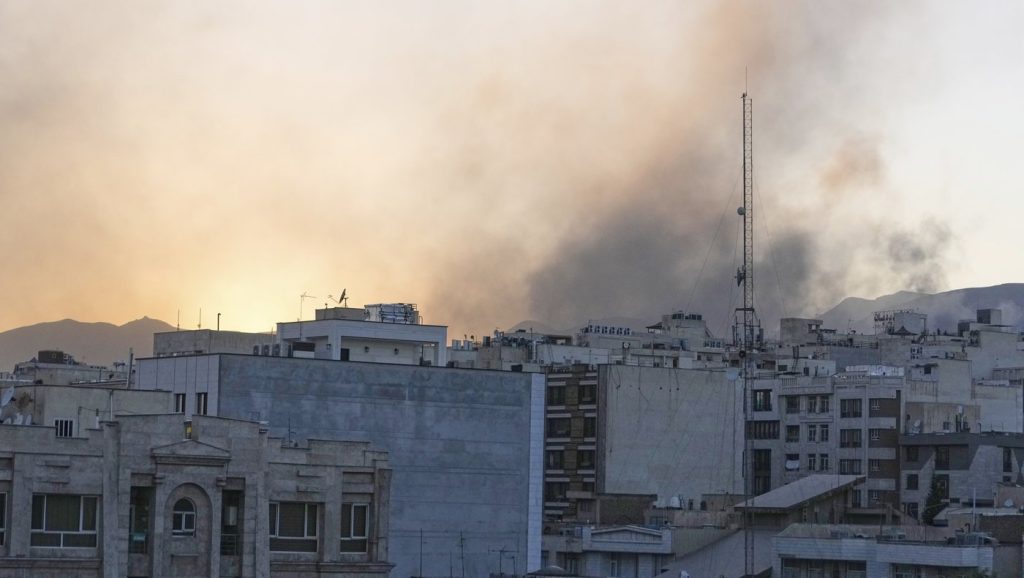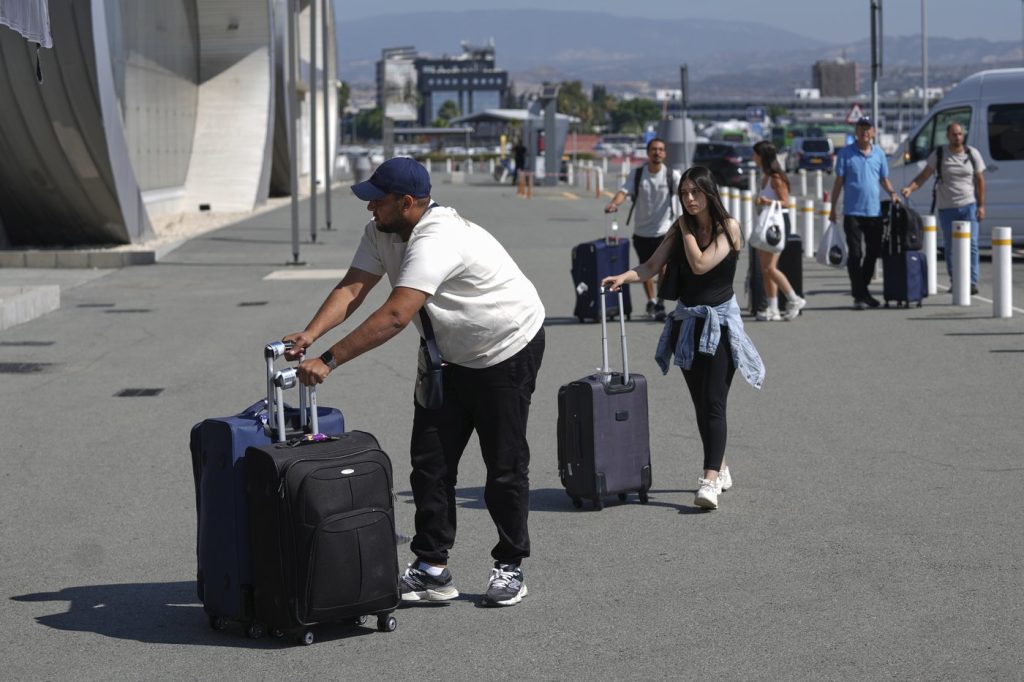A new conflict has erupted in the Middle East, primarily involving Israel and Iran. This escalation stems from ongoing tensions over Iran's nuclear program, which Israel perceives as a direct threat to its national security. The two nations have been exchanging missile strikes, indicating a serious breakdown in diplomatic relations and escalating hostilities. The situation has dire implications for regional stability and global security, as the international community closely watches to see if the United States will intervene in this complex crisis.
Host David Smith engages with Professor Elliot Tepper, a distinguished senior fellow at the Norman Paterson School of International Affairs at Carleton University, located in Ottawa. Professor Tepper provides insights into the geopolitical ramifications of this conflict and the historical context that has led to the current situation. He discusses the strategic calculations made by both Israel and Iran and considers how their actions could influence the broader Middle Eastern landscape.
The conflict is not just limited to missile exchanges; it also reflects deep-seated animosities and geopolitical rivalries that have pervaded the region for decades. As Israel intensifies its military actions aimed at dismantling Iran's nuclear capabilities, the potential for widespread ramifications grows. This escalation could provoke a wider regional conflict involving other nations and non-state actors committed to either supporting Iran or opposing Israel. The volatility of the situation raises significant concerns about the humanitarian impact on civilians caught in the crossfire.
The global implications of this conflict extend beyond the Middle East. Many are questioning whether the U.S. will take a more active role, given its historical ties to Israel and its interests in maintaining stability in the region. A U.S. intervention could further complicate an already complex scenario, with potential consequences for international relations and global security architectures. The possibility of drawing in other world powers, especially those aligned with Iran, adds another layer of complexity to the situation.
In addition to military actions, the conflict influences economic factors, particularly oil markets, as tensions in the Middle East often drive fluctuations in global oil prices. Iran's strategic position in the Persian Gulf, a vital artery for oil transport, means that any prolonged hostilities could disrupt oil shipments, affecting economies far beyond the region's borders.
As the situation develops, the interpretative frameworks through which analysts view these events are invaluable. Professor Tepper emphasizes the role of perception in international relations, noting that both Israel and Iran are likely to act based on their interpretations of each other's intentions and capabilities. This perception-based analysis is crucial in understanding how the conflict may unfold and what strategies both sides might adopt moving forward.
The ongoing missile strikes represent a culmination of decades of tension and reinforce the notion that diplomatic solutions are increasingly elusive. The complexity of the conflict, layered with historical grievances and ideological divides, requires careful navigation by all parties involved. The potential for a miscalculation or escalation underscores the urgent need for dialogue and conflict resolution mechanisms to address the underlying issues fueling this crisis.
The world watches closely as developments unfold, understanding that the stakes are high and the outcomes uncertain. The interplay of military, economic, and geopolitical factors makes this conflict a critical point of interest for scholars, policymakers, and citizens alike, raising questions about the future of peace and stability in the Middle East and beyond.












